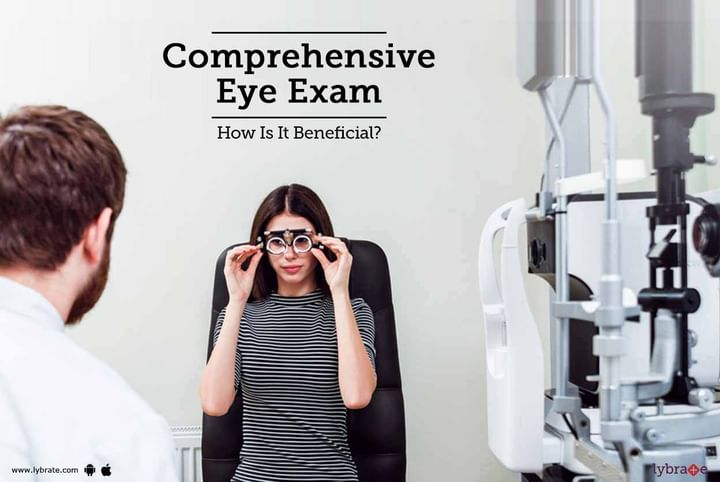Comprehensive Eye Exam - How Is It Beneficial?
While an eye exam should be conducted for anybody at least every six months, many people do not believe it to be so important. However, there are benefits to having a comprehensive eye exam. But, what exactly are these benefits?
Eye Check-ups are Indicative
To start with, when one goes for an eye exam, problems relating not just to the eyes can be discovered. As a matter of fact, an ophthalmologist or an eye specialist is quite often the first person to detect problems with the entire body. These problems include diabetes and hypertension. It can be said that a person who has healthy eyes is more likely than not to be in the pink of health! When a person has a health issue detected early by an eye doctor, it can result in easier treatment - easier on the person as well as on the pocket! After all, why go through the pain of more pain and expense before getting it addressed?
Catch your ailments early
It can be said that eye exams are very important for children as having bad eyesight which goes uncorrected can have some really serious consequences. The strain on the child’s eyes due to school work like staring at the board with weak eyes can cause very bad headaches and the situation gets worse. Children usually do not have a proper idea of what normal vision is like so they are more likely to not notice a decrease in the quality of vision. This really does increase the need of eye exams for them.
Eye exams are different from vision tests
Many people are of the opinion that getting their eyes checked is the same as having an eye exam. However, it is to be noted that this is not the same. A person who does not have advanced medical qualifications when it comes to the eyes usually conducts a vision test. This could be a nurse or an optometrist. They actually do not dig much further beneath the surface, so they miss out the critical bits!
Eye alignment matters
The truth is that only an eye doctor knows what exactly to look for when an eye exam is conducted. So what exactly does an eye doctor look for? Apart from early signs of glaucoma and diabetic retinopathy, the eye doctor would look for strabismus. This refers to the alignment of the eyes. When the eyes are not properly aligned, depth perception suffers and this can cause serious damage, especially if a person drives.
Apart from these, the doctor would also look at how well one’s eyes work together and whether there are any age-related diseases.



+1.svg)
